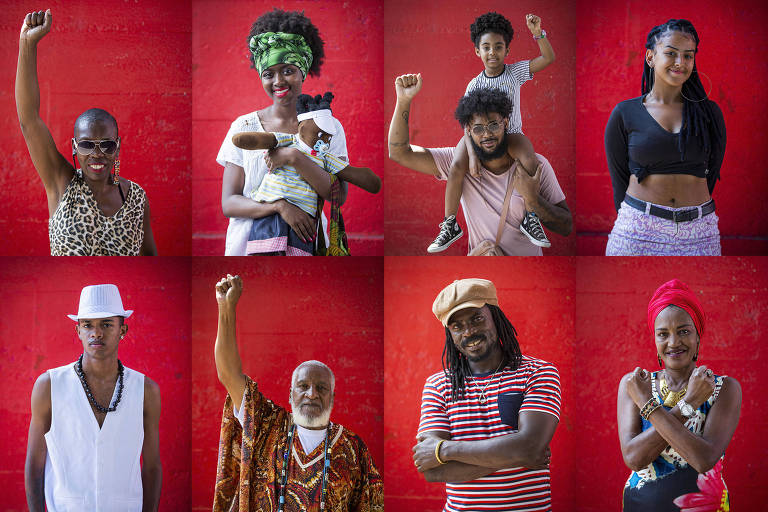It's a scene that plays out every year. During this month's commemoration of Black Consciousness Month--this Wednesday (20) is a holiday in over 1,200 Brazilian cities--black men and women from various areas of knowledge and the arts are invited to lecture, debate and talk about being black.
But this path to race debate in Brazil also produces structural racism, regulating Blacks to only talking about black issues. Afro-Brazilians tired of being regulated to just talking about Black Issues
Rosane Borges, 45, Ph.D. in communication sciences and collaborating professor of the Aesthetic and Avant-garde research group of ECA-USP, said that she is always invited to talk about racial issues and about being a black woman, but never about communication and media, her specialty.
"It's not just that. I am an expert in communications. They take black people out of public life thinking, it's one of the most perverse faces of racism," she said.
For her, it is common that blacks are not invited to talk about economics, politics, and social issues that include the different genders, ethnicities, and sexual orientations.
Borges points out that when black people talk, it is usually reduced to the impact of racism in the personal sphere of those invited to lecture, and not in its structured form.
This reduction is subtle and masked by good intentions.
Filmmaker Sabrina Fidalgo, 40, who has earned 13 awards for her movie "Rainha" (2016), says she is less and less sought after to talk about "black cinema" because she is critical of the term.
"Although I think it is politically important [to use the term], I don't find it culturally interesting. First, because it is not a movement or an artistic current, it was not created by filmmakers. There is no aesthetic treatise. It is a nomenclature created to put black people who make movies in Brazil in a drawer," she said.
Translated by Kiratiana Freelon
